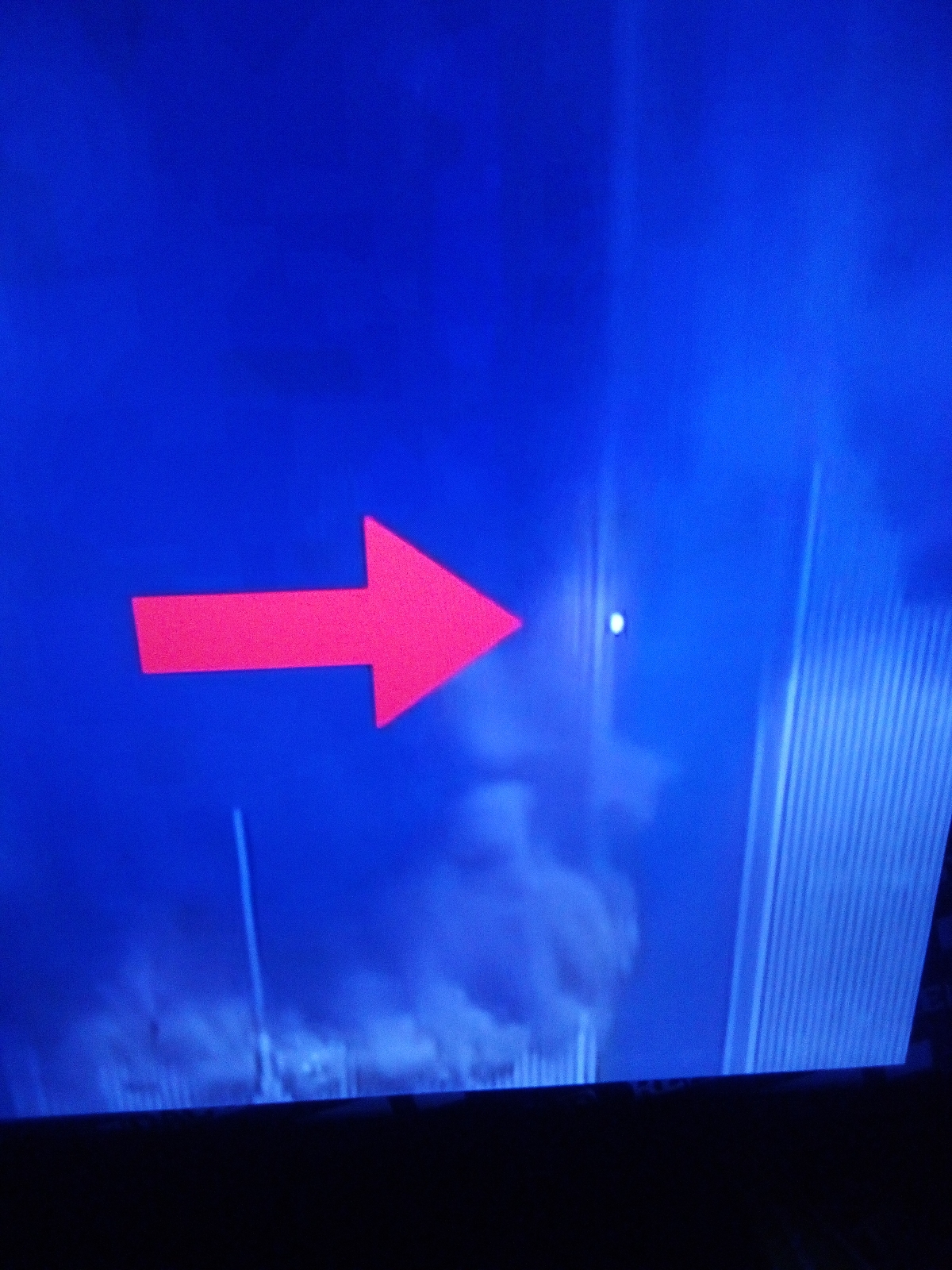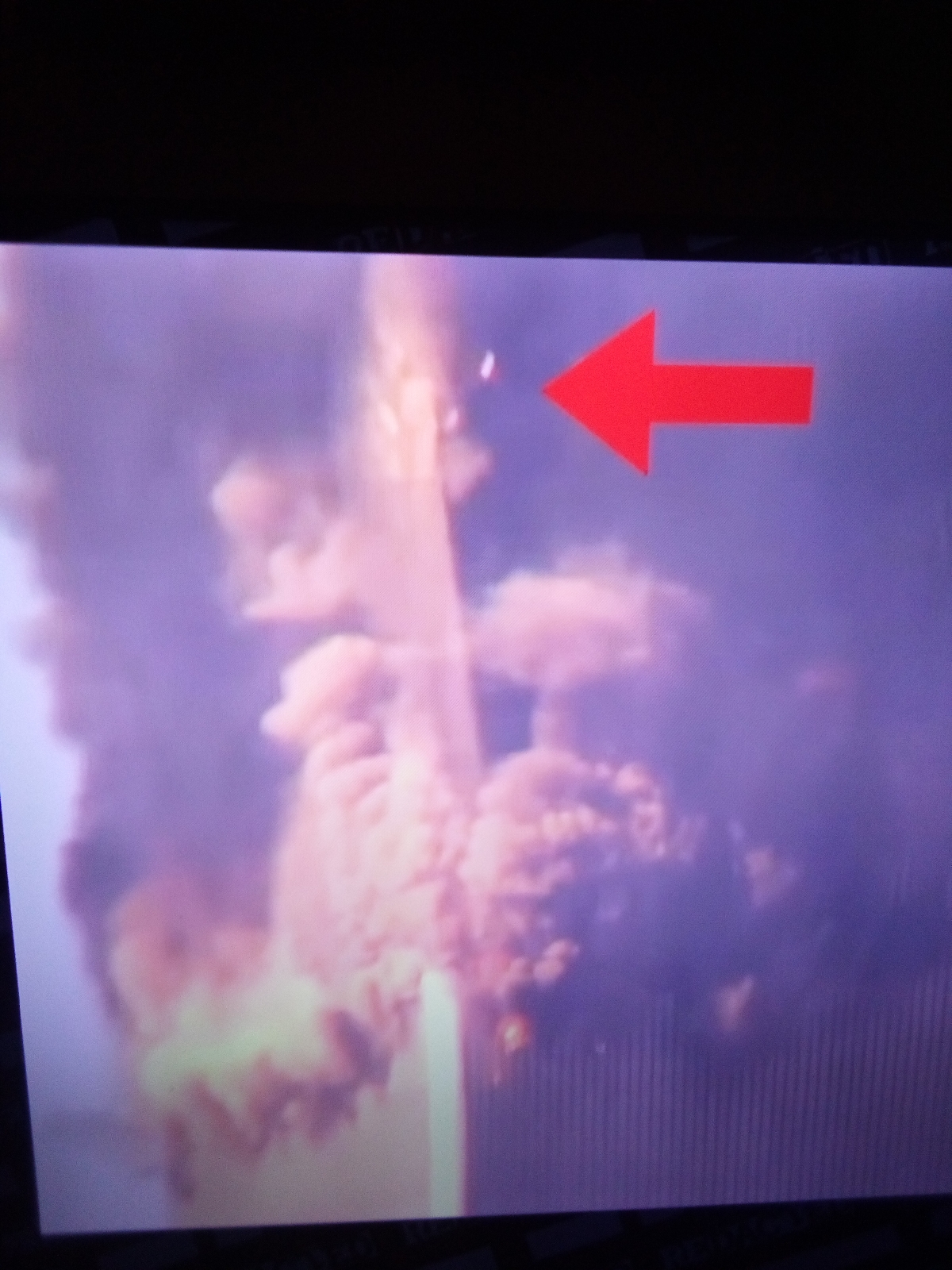Investigators for 9/11 families examine video taken by man with ties to Saudi intelligence referencing a "plan" - CBS News
https://www.cbsnews.com/news/bayoumi-video-examined-as-september-11-evidence-60-minutes/ The Question of Saudi Involvement in 9/11: Unveiling the Evidence and the Alleged Cover-Up
The tragic events of September 11, 2001, remain one of the darkest days in modern history, leaving an indelible mark on the United States and the world. The attacks, carried out by 19 hijackers associated with the terrorist group al-Qaeda, led to nearly 3,000 deaths and set the stage for the U.S.'s long-standing "War on Terror." However, questions regarding the involvement of Saudi Arabia, a key U.S. ally, have lingered for years, raising concerns about the extent of its connections to the attackers and the alleged suppression of this information.
Evidence of Saudi Involvement
Saudi Arabia's alleged involvement in the 9/11 attacks centers on the fact that 15 of the 19 hijackers were Saudi nationals. The 28 pages of the 2002 Joint Congressional Inquiry into the attacks, which were initially classified, have been the focal point of claims that Saudi officials may have provided support to the hijackers. These pages, declassified in 2016, revealed troubling connections between Saudi officials and the attackers.
For instance, Omar al-Bayoumi, a Saudi national living in California at the time, has been a figure of interest. Reports suggest that al-Bayoumi, who had ties to the Saudi government, provided logistical support to two of the hijackers, Khalid al-Mihdhar and Nawaf al-Hazmi, by helping them find housing and settle in the U.S. Despite these links, the 9/11 Commission's final report found "no evidence that the Saudi government as an institution or senior Saudi officials individually funded the organization."
However, this conclusion has not silenced the suspicions. Many believe that the Commission's findings were influenced by geopolitical considerations. In 2012, former Senator Bob Graham, co-chair of the Joint Congressional Inquiry, stated, "I am convinced that there was a direct line between at least some of the terrorists who carried out the September 11 attacks and the government of Saudi Arabia." Graham has been a vocal critic of the decision to keep the 28 pages classified for so long, suggesting that this secrecy was part of a broader effort to protect the U.S.-Saudi relationship.
Allegations of a Cover-Up
The suggestion that Saudi involvement in 9/11 was covered up is closely tied to the broader U.S.-Saudi relationship, particularly during the Bush administration. The Bush family has long-standing ties to Saudi Arabia, notably through business relationships with the Saudi royal family and prominent Saudi businessmen, including the bin Laden family. These connections have fueled suspicions that the Bush administration may have downplayed or obscured evidence of Saudi involvement to preserve this important strategic alliance.
Critics argue that the Bush administration's response to the 9/11 attacks was marked by a reluctance to thoroughly investigate Saudi connections. This perception is bolstered by reports that, in the immediate aftermath of the attacks, members of the bin Laden family and other prominent Saudis were allowed to leave the U.S. on private flights, despite the nationwide grounding of all other flights.
Furthermore, the 9/11 families and their lawyers have argued in court that the U.S. government was more concerned with maintaining its alliance with Saudi Arabia than with pursuing justice for the victims. They point to the resistance they encountered in accessing information and documents that might have revealed more about Saudi involvement.
A key moment in this ongoing battle for transparency came in 2021, when President Joe Biden signed an executive order directing the FBI and other agencies to review and declassify documents related to the investigation of the attacks. This move was seen as a significant step toward addressing the long-standing concerns of the 9/11 families. However, the extent to which these documents will provide conclusive evidence of Saudi complicity remains to be seen.
The U.S.-Saudi Alliance and the Question of Accountability
The U.S.-Saudi relationship has been a cornerstone of American foreign policy in the Middle East for decades, driven by mutual interests in oil, regional stability, and counterterrorism. This alliance has often been prioritized over other considerations, including, some argue, the pursuit of full accountability for the 9/11 attacks.
Former CIA officer and counterterrorism expert Bob Baer has been quoted saying, "The reason we're not going after Saudi Arabia is because oil and money run our policy in the region." This statement reflects a widely held belief that economic and strategic interests have consistently overshadowed efforts to hold Saudi Arabia accountable for any role it may have played in the attacks.
In conclusion, the question of Saudi Arabia's involvement in the 9/11 attacks and the alleged cover-up of this information is deeply intertwined with the complexities of U.S. foreign policy and the enduring influence of the U.S.-Saudi alliance. While some evidence suggests connections between Saudi nationals and the 9/11 hijackers, the full extent of these ties—and the reasons for the U.S. government's apparent reluctance to pursue them—remain subjects of intense debate. As new information continues to emerge, the pursuit of justice for the victims of 9/11 remains a driving force for those demanding full transparency and accountability.


